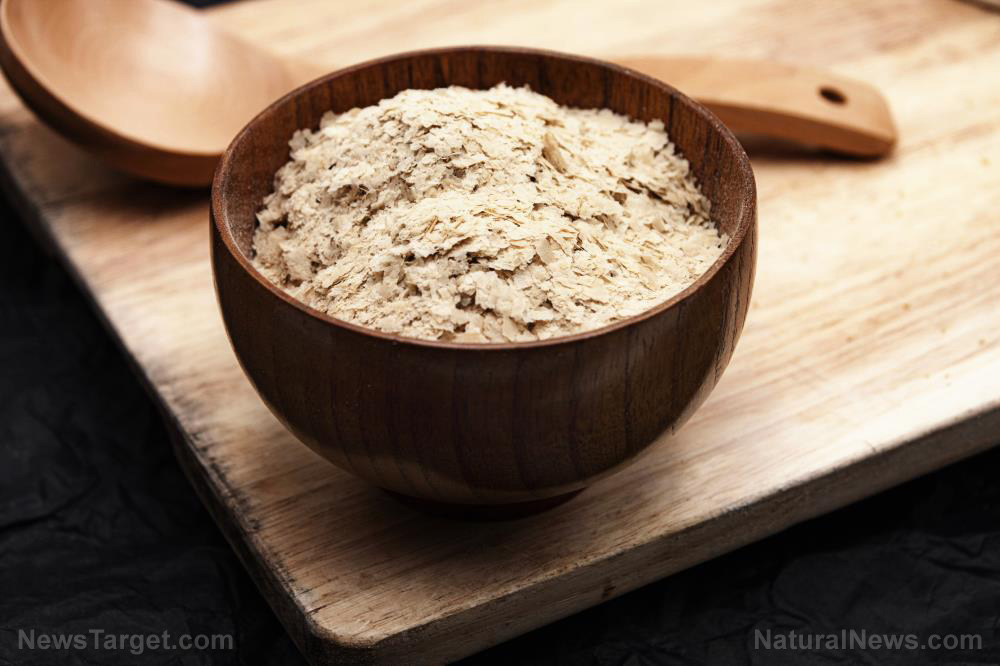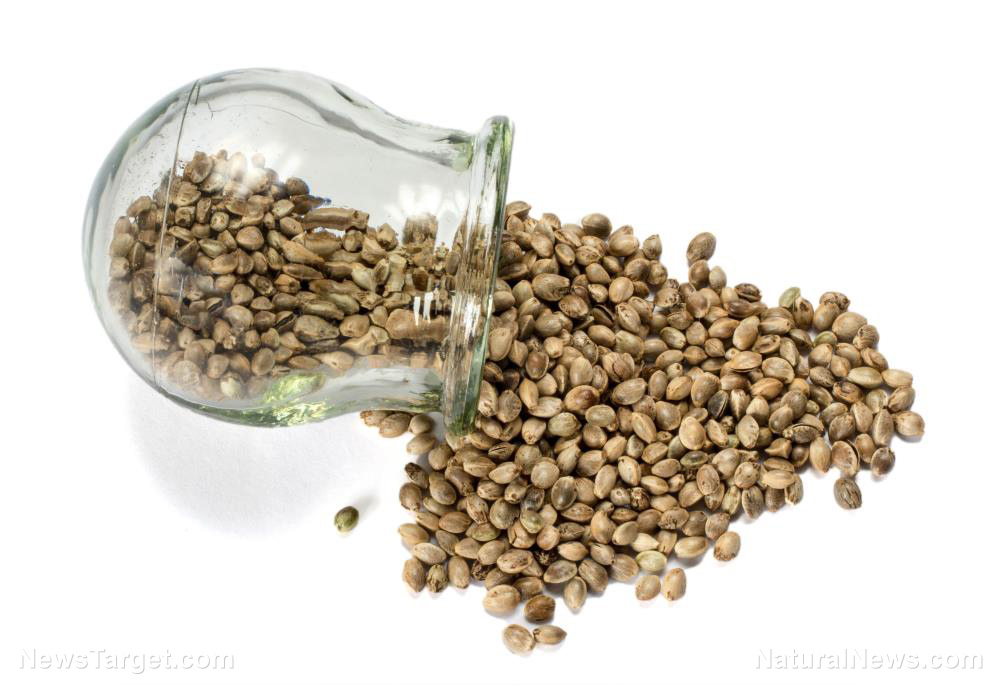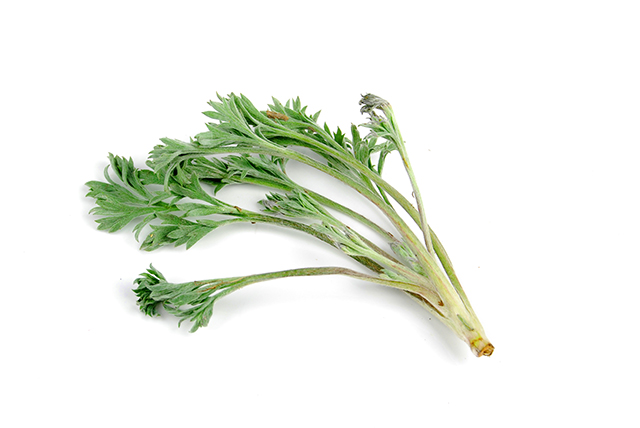Can you become dependent on fiber supplements?
06/24/2019 / By Ethan Huff

While it often gets overlooked in dietary talk, fiber is arguably just as critical as powerhouse foods like healing mushrooms, adaptogenic herbs, bone broth, collagen protein, and colostrum, all of which are known to contribute to a healthy gut and robust immune system. But what kinds of fiber are best to take, and is it possible to consume too much of it?
According to Dr. Bindiya Gandhi, M.D., an American Board Family Medicine-certified physician, the best kind of fiber is what’s found naturally in food. Whether it’s the insoluble fiber found in things like bran and psyllium husk, or the soluble fiber found in tasty edibles like whole grains, legumes, and many fruits and vegetables, fiber from food is what the human body craves most.
“Insoluble fiber usually adds bulk to your stool, and you pass it in its whole form,” says Dr. Gandhi, adding that it also “helps you to stay regular and prevents constipation while keeping your digestive tract in check.
“Soluble fiber is broken down and passed through your stool in a gel-like form,” she further explains about the other kind. “This type of fiber aids in blood glucose regulation and weight management.”
Are you getting at least 35 grams of fiber from your food every day?
Dr. Gandhi recommends that adults consume at least an average of around 35 grams of plant-based fiber per day. Doing this will ensure that you stay regular, as well as balance your blood sugar and cholesterol levels. Optimal fiber intake is also associated with improved heart health and a decreased risk of colon cancer.
But what happens when you’re not getting enough fiber from natural foods? Dr. Gandhi says that taking fiber supplements is a great option, just so long as you don’t become dependent on this method for regularity.
If you have to take fiber supplements just to go “number two,” in other words, then you’re doing it all wrong. Food should be your primary source of both soluble and insoluble fiber, with fiber supplements filling in the gaps on occasion.
“Luckily, you can pretty easily achieve the recommended amount of plant-based fiber through veggies, fruit, and whole grains,” Dr. Gandhi contends. “When we are not able to achieve that, supplements can help.”
Acclimating your body to high fiber intake might come with a few discomforts, but it’s worth it
If you’ve never taken a fiber supplement before, be warned: at first, it might cause you to feel bloated or gassy, and could cause some diarrhea. But don’t despair, because eventually your body will acclimate to the change, followed by noticeable improvements in both your digestion and immune health.
Just be aware that long-term use of fiber supplements can potentially cause your body to become dependent on them in order to digest and process food. This is something you want to avoid, always making sure to use fiber supplements as an exception to your diet, rather than the rule.
“Fiber supplements should be just that – a ‘supplement’ to your diet, not a requirement for your bowels to move,” warns Dr. Gandhi.
So when you’re too busy to cook, say, or when you’re traveling and your diet gets thrown out of whack, fiber supplements are a great support option for making sure that you’re still getting enough of it. As part of your normal dietary routine, however, it’s best to skip the supplements if you can, and simply make fiber-rich foods a staple part of your everyday eating regimen.
“I personally add fiber supplements to my baking for additive fiber benefits,” says Dr. Gandhi.
“It’s easy to add; just be mindful to increase either water or fat intake; otherwise, it will dry your food out. I also easily add it to soups, shakes, and even my oatmeal.”
For more helpful tips about how to eat right for maximum health, be sure to check out CleanFood.news.
Sources for this article include:
Tagged Under: bloating, bowel, constipation, diet, digestion, fiber, food, functional, gassy, gut health, prevention, regularity, remedies, supplements
RECENT NEWS & ARTICLES
COPYRIGHT © 2017 REMEDIES NEWS



















